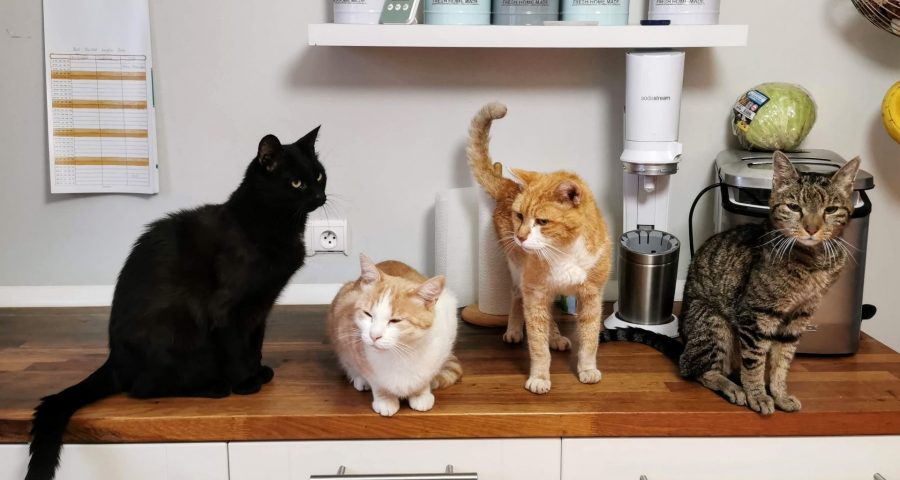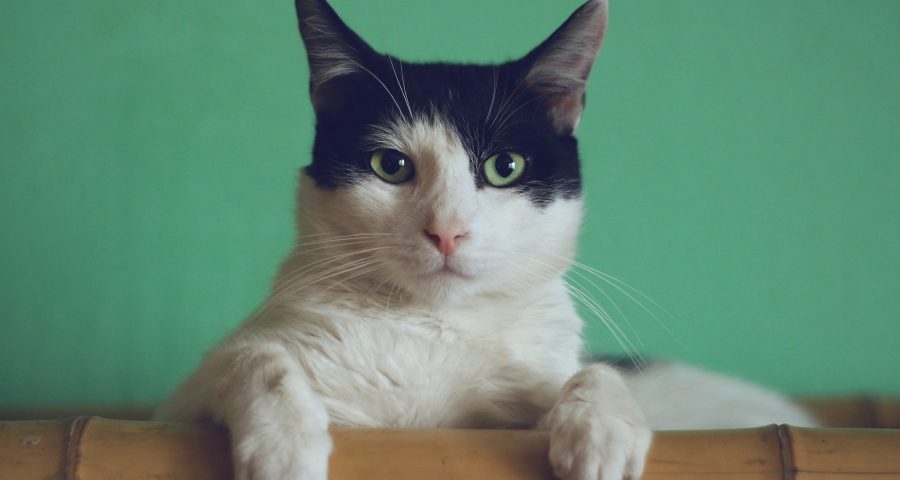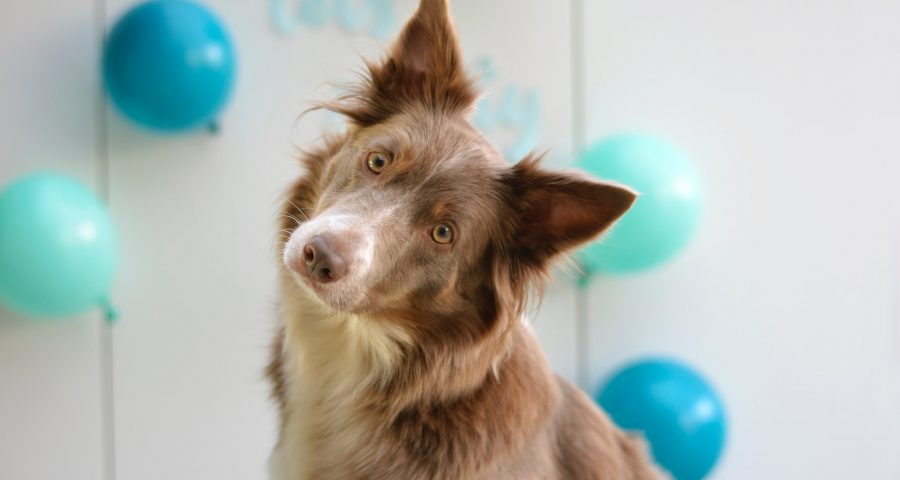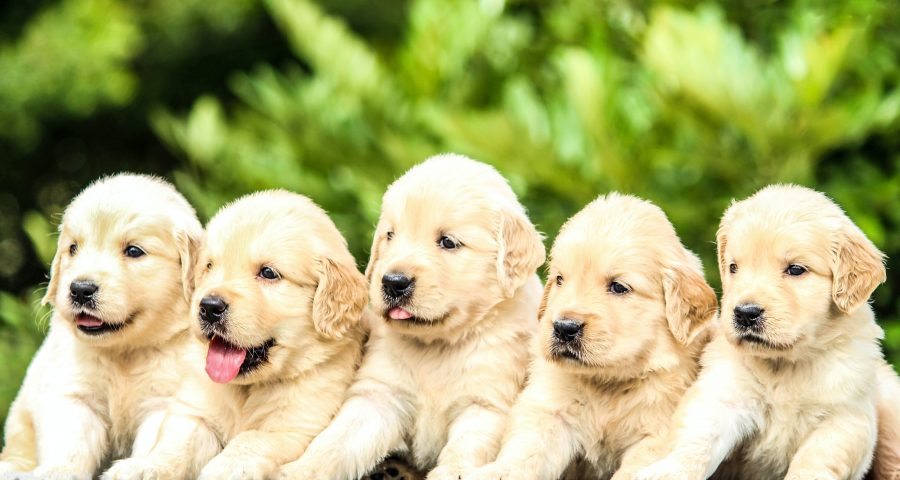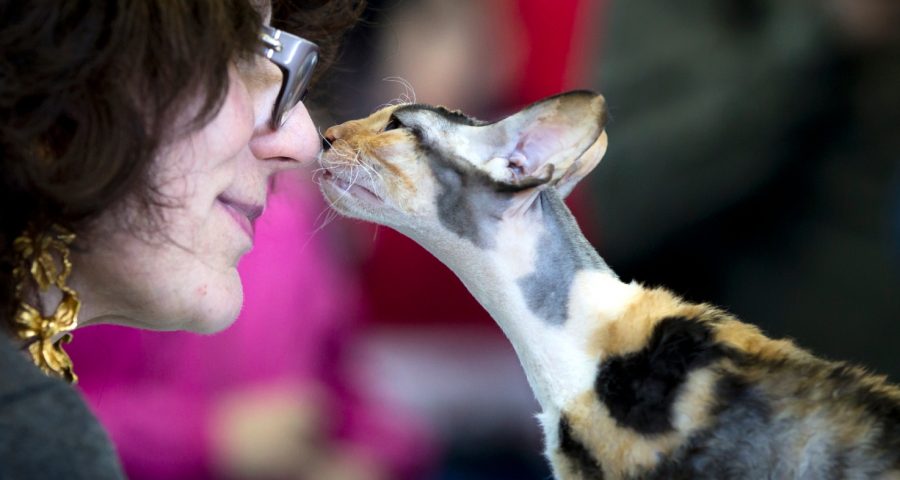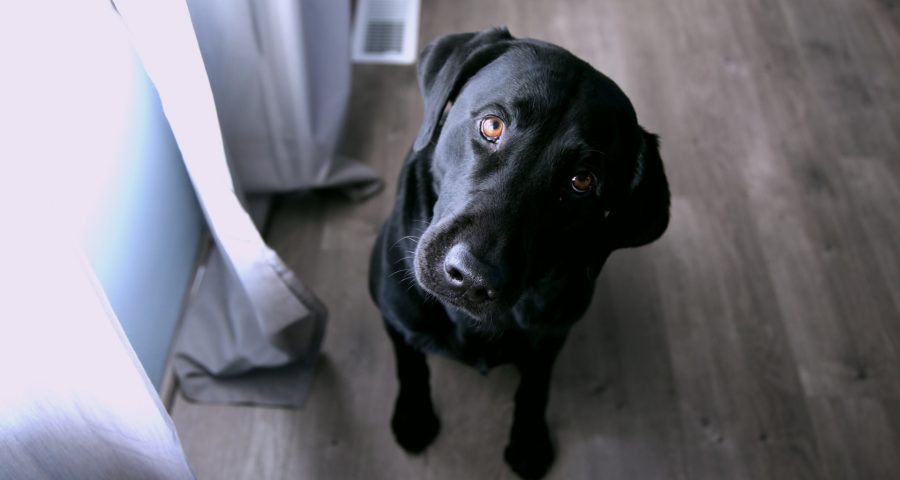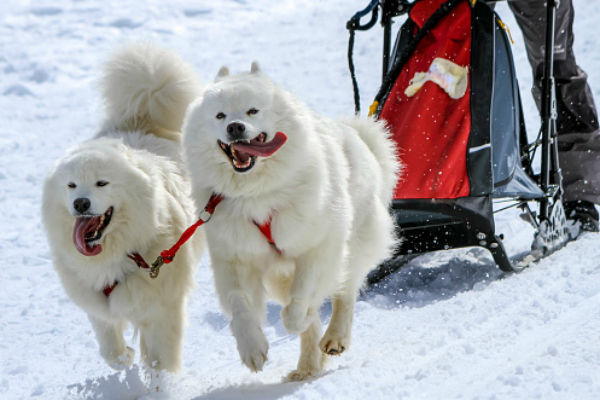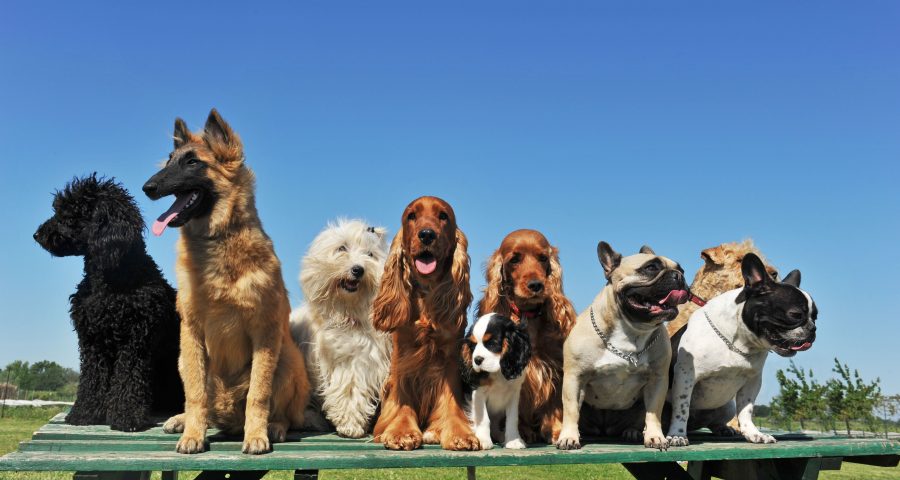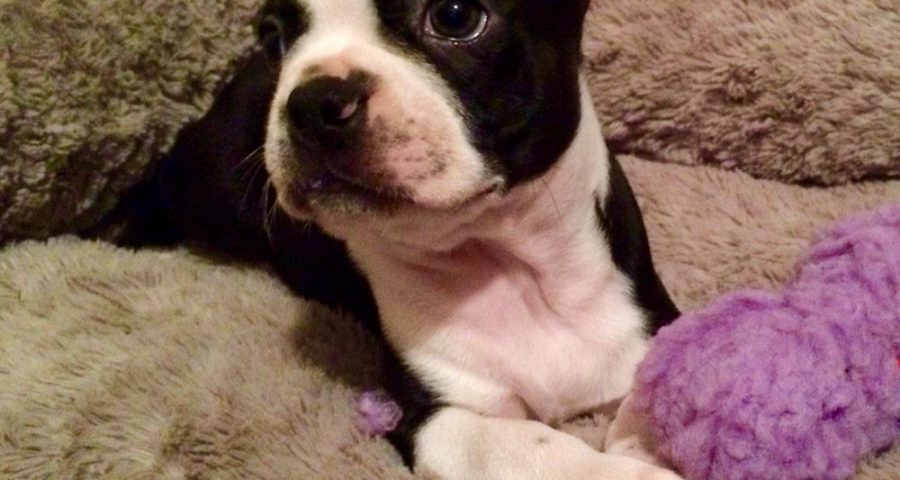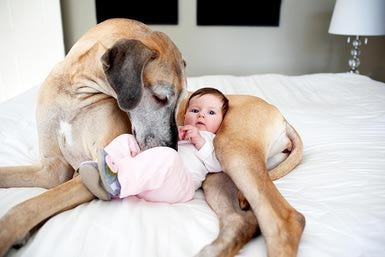Wanna hear something PAW-esome? This is Sandra Tsing Loh with the Loh Down on Science. You just want some peace after a long day at work. But that darn cat! It won’t leave you alone, no matter where you hide! What sort of sixth sense are they using to pin
Continue readingConfuzzled Cats
